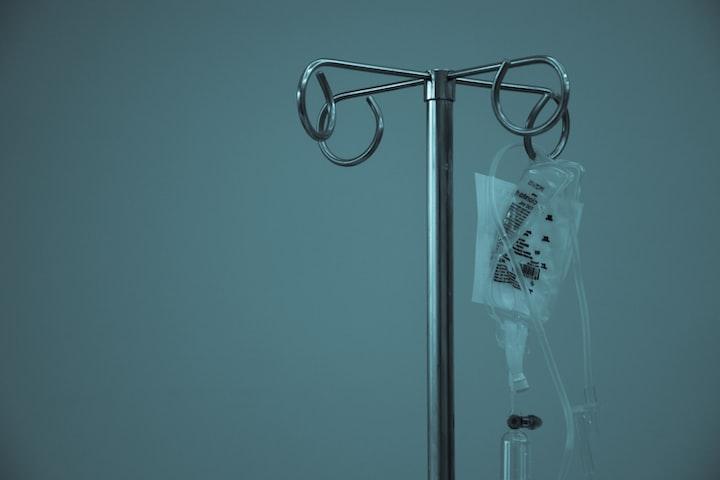Let’s Dive Into Some Healthier Alternatives to Eating Rice
There are many alternative foods to rice that are both healthy and delicious. Some great options include quinoa, couscous, farro, and barley. These grains are all packed with nutrients and can be used in a variety of recipes. If you’re looking for a low-carb option, cauliflower rice is a great choice. There are also many types of pasta made from whole grains that make excellent substitutes for rice. Whatever your preference, there’s sure to be a healthy and delicious alternative to rice that you’ll love!
Read More »Let’s Dive Into Some Healthier Alternatives to Eating Rice






